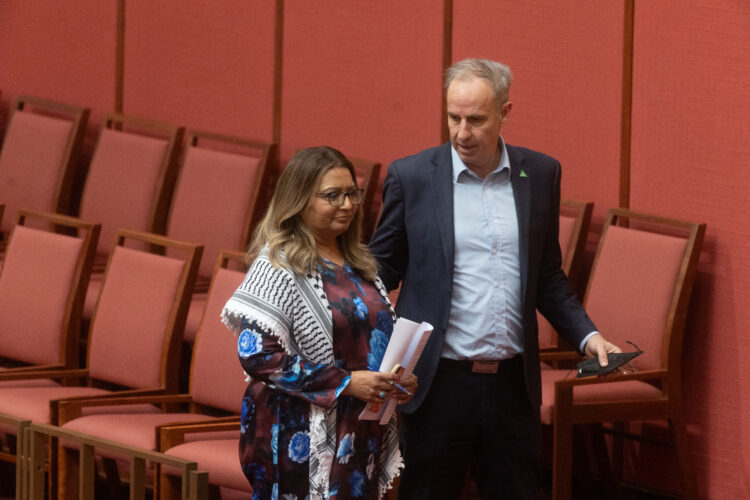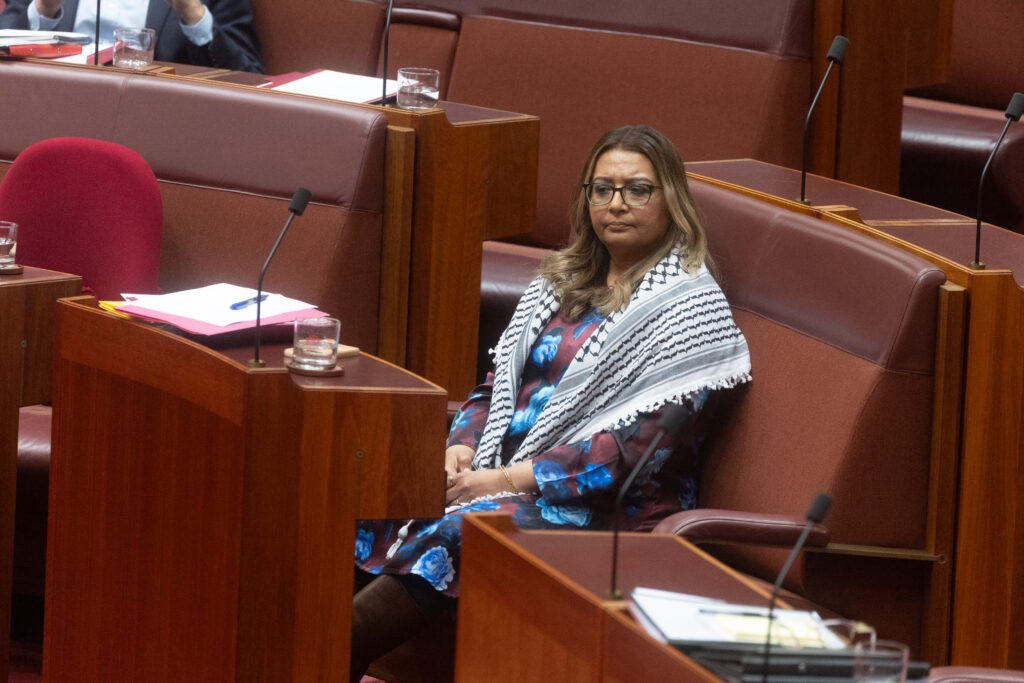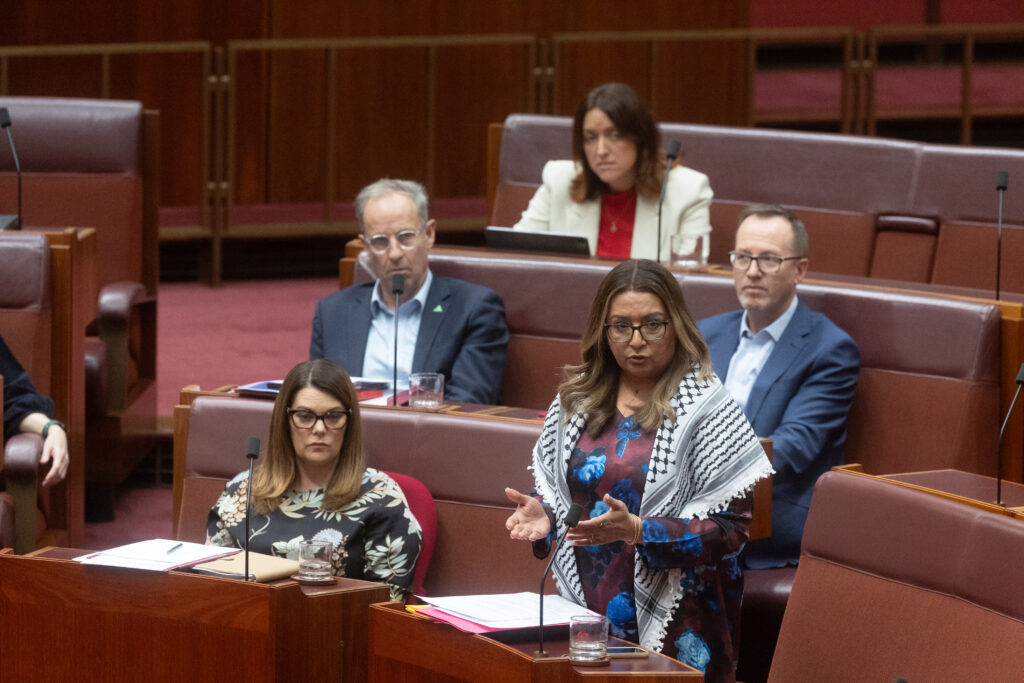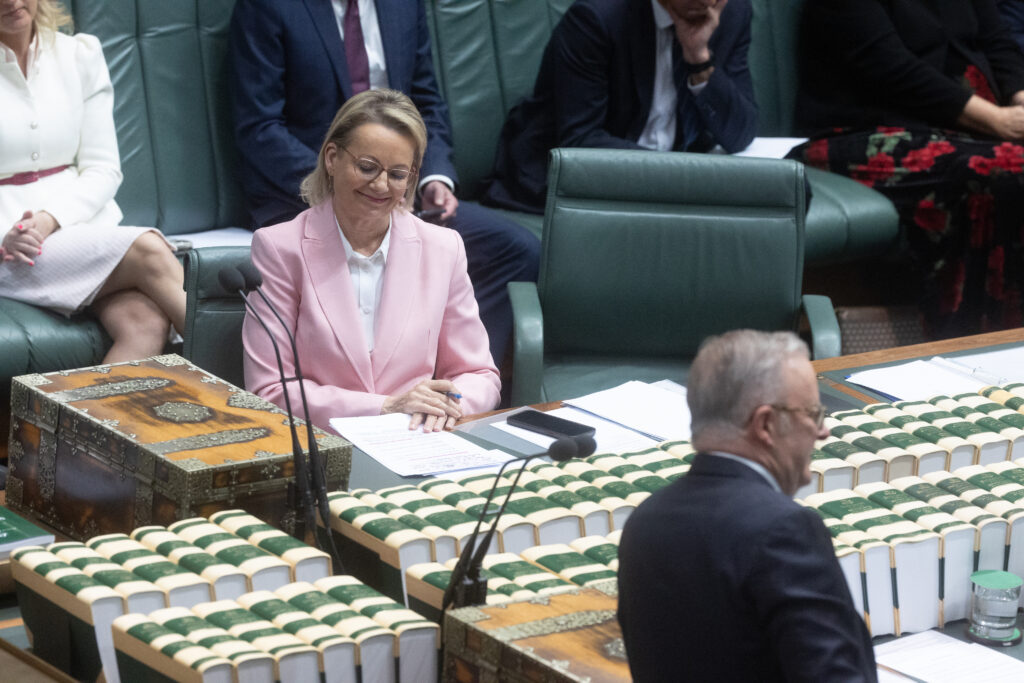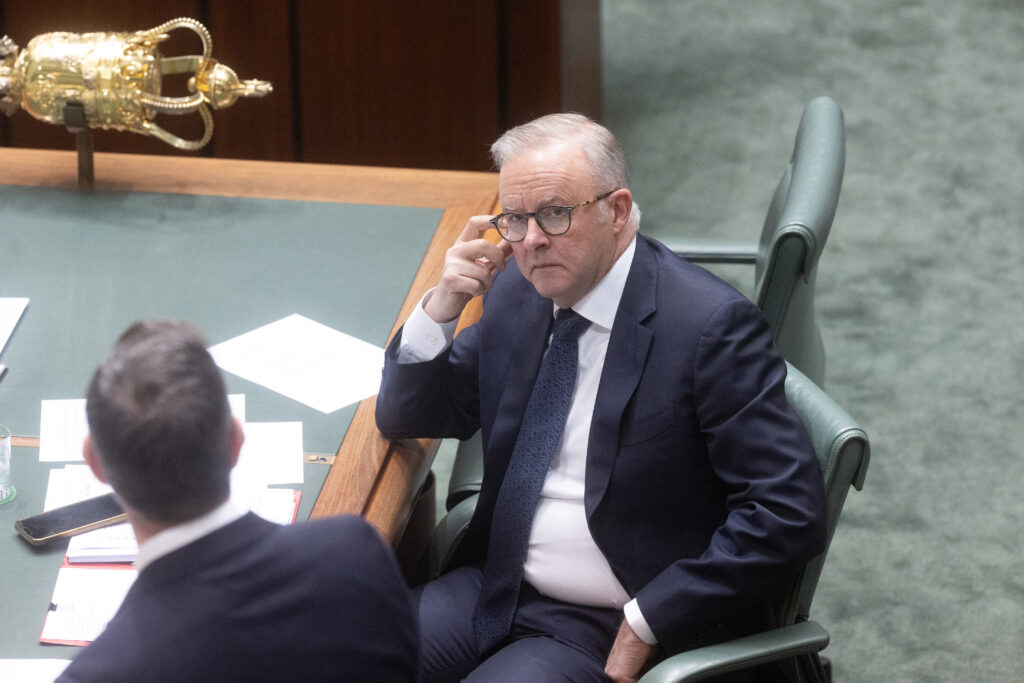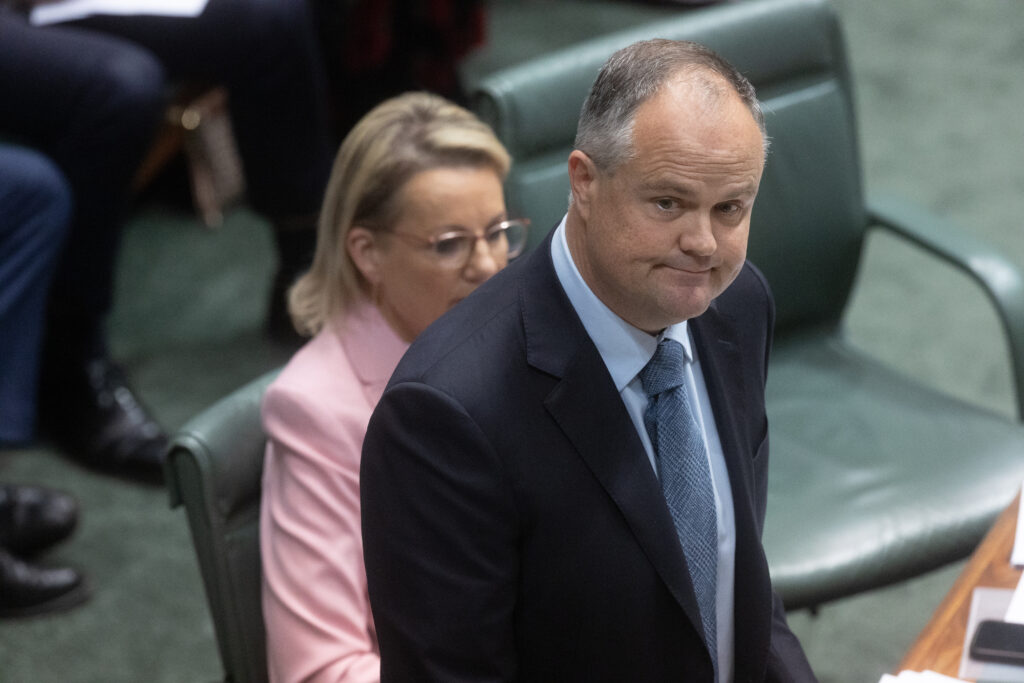Skye Predavec
Anne Kantor Fellow
With the UK announcing it’ll lower the voting age to 16 and Monique Ryan pledging to introduce a new Private Members Bill doing the same here, voting rights for yooths is a hot topic. But what would that look like?
Does anywhere else do this?
There are precedents for what lowering the voting age would look like. Eight countries: Argentina, Brazil, Ecuador, East Timor, Greece, Indonesia, Scotland and Wales have all already done so, with other countries planning to follow suit.
How many people are we talking?
There are 581,000 people aged 16-17 in Australia, meaning that lowering the voting age could expand the 18-million strong electoral roll by 3.2% at most. That’s less than the 700,000 people enfranchised when Australia’s voting age dropped to 18 in 1973.
Those youngins aren’t spread evenly – Jim Chalmers’ seat of Rankin would see its enrolment grow the most if the voting age were lowered, adding another 5,000 constituents.
What would it do to the political landscape?
In short: very little. Just as lowering the voting age to 18 in 1973 didn’t stop the Whitlam government being voted out in a landslide two years later, lowering it to 16 wouldn’t shift election results.
The Tories have accused British Labour of attempting to rig the next election by expanding the franchise. It’s a curious line of attack considering polls that show the addition of 16 and 17-year-olds would boost Labour’s vote by just 0.2%.
Time to dust off your phrenology textbook?
If you were wondering how the prefrontal cortex factors into this conversation, never fear! Nick Cater is on the case.
In his editorial in The Australian, Cater noted that “Clinical evidence shows the prefrontal cortex … is not fully developed in the average human until around the age of 25”, and yearned for debate over “whether voting should be confined to citizens capable of managing impulses, weighing trade-offs and engaging with complex decisions”.
Now, unless you want to break out some phrenology callipers and measure voters’ skulls before they head into vote, there isn’t really a way to judge the minds of all 18 million people on the electoral roll – and that doesn’t change for 16-year-olds. But to address his main point:
Are 16 and 17-year-olds ready for the task?
As far as any group can be, yes.
We already trust Aussies aged 16 and 17 to get a job, pay taxes, join the army, and drive a car, among other things. There’s an old saying, “no taxation without representation”, which seems to apply.
International research also shows lowering the voting age results in higher youth political engagement.
At the end of the day, voting is a right in this country. And if we don’t trust our 16-year-olds to cast a ballot maybe we should be questioning our education system, not their pre-frontal cortexes.
